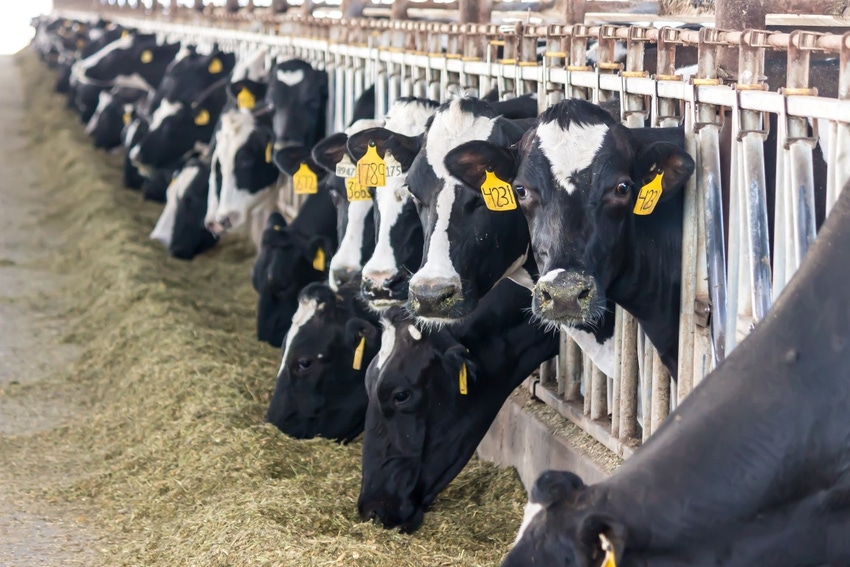October 26, 2016

It stands to reason. If we are the country’s largest producer of dairy products, and California is, difficulties that arise are likely to be large, even huge; ginormous in the language of the millennials.
California’s celebrated happy cows have become part of an unhappy industry. They continue to munch on costly feed, burp unwelcome methane gas, expel untold tons of manure and urine hourly, and occupy space that radical environmentalists and other ideologues believe might be better utilized by toads, daisies, high tech reflective panels, or even people.
But surprisingly, forward looking public officials and business interests in states including Idaho, South Dakota and Colorado are going all out to bring California dairies to their states, viewing them as wholesome, productive, money making and tax yielding.
To some extent they have succeeded in attracting some California dairymen and their cows to what they promise are happier pastures. A substantial number of dairy animals have gone to Texas.
But in the California setting dairymen are burdened first of all by unreasonably low prices for the products their cows produce. To unscramble this issue is to understand the complex, patch-work, government-involved pricing formula the industry has tried to live with and explain for generations. It seems to become more complicated each time they tinker with it.
Pricing involves such esoteric concepts as butterfat content, specifies outlets for whey, whole milk, butter, cream and other products, and (limits, directs, prevents, discourages…).
Watching a docile, often awkward, one-ton Holstein cow contentedly chew her cud, you wonder how the innocent product of her huge udder can become part of such a complicated system. Dairymen often wonder too.
The states competing for California dairies promise simplified more understandable and dependable pricing and market conditions plus some tax advantages. Those entice dairymen, even as their cows consider the inconvenience of colder winter weather, less sunshine, and perhaps tighter confines.
Regulatory issues in California are probably second to low prices as irritants for dairy operators. Legislators, environmentalists, idealists, and do-gooders of every stripe seem to find something about dairying they don’t like and want to change. They all seem to have the ears of legislators, who have not displayed a friendly or helpful attitude toward the dairy industry in years.
Legislators and the regulators they prompt often operate on their own. In the most recent session, they passed a law that limits the work day of every farm worker (milkers or fieldworkers at dairies) to eight hours.
Beyond that the worker’s employer is required to pay overtime, time and a half beyond the regular rate. In an earlier column we explained the detrimental effect on workers of this foolish requirement.
It is a bitter economic pill for dairymen and their employees to swallow, but a proud accomplishment for organized labor and its friends in the legislature.
The list of negative issues working against California dairymen goes on. Since their alfalfa, corn and grain fields occupy large tracts of land, environmentalists have them in their sights. They can always imagine alternative uses for such acreages – parks, trails, walkways, and habitat for a host of critters, most of them not nearly as contented or bucolic as grazing dairy animals.
Dairymen’s large fields must be treated with pesticides. Even minimally performed the very thought of protective sprays causes radical environmentalists and certain purists in organized groups to recoil.
This eventually leads to calls for action against dairymen, whatever the consequences. One industry observer concluded, “People don’t know how hard it is to be a dairyman.”
If they move away California, dairymen only hope that pastures in those competing states can be greener, prices for dairy products more stable if not higher, and the attitude of legislators and other regulators friendlier.
Those conditions might not make their happy cows more contented, but they will certainly bring some smiles to the faces of former California dairy operators.
(Note: The views expressed in this commentary are solely those of the guest author, and are not necessarily shared or endorsed by Western Farm Press).
You May Also Like




